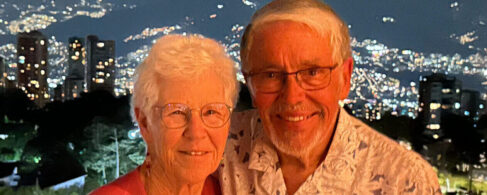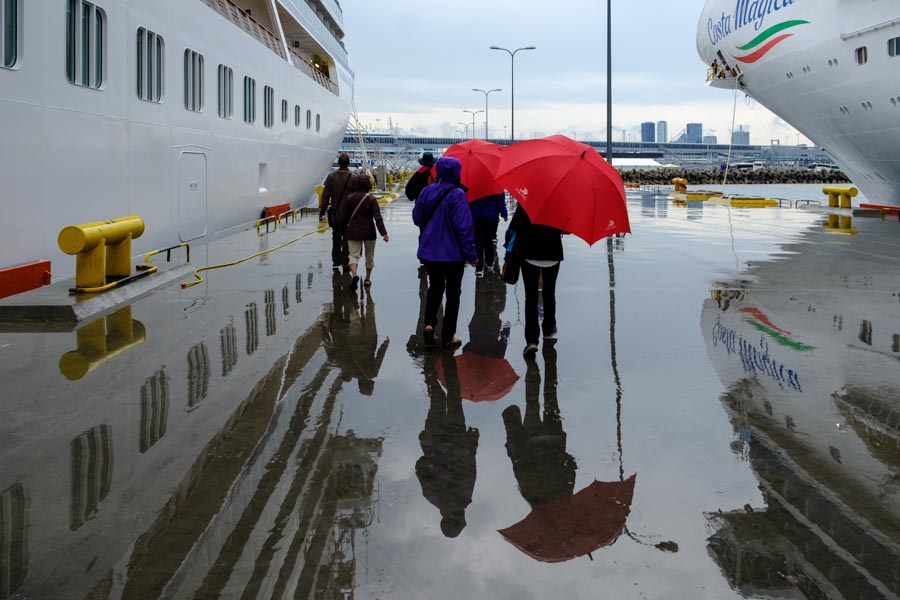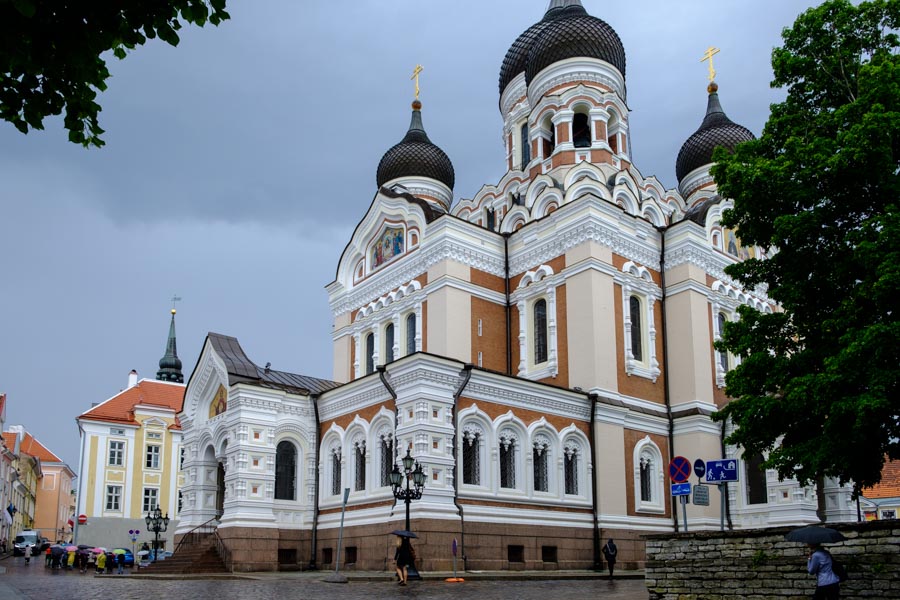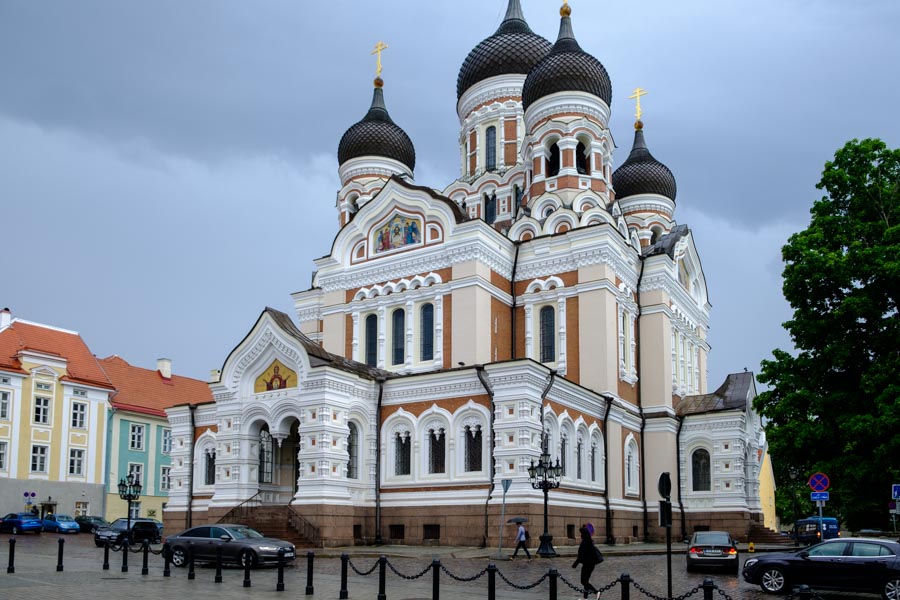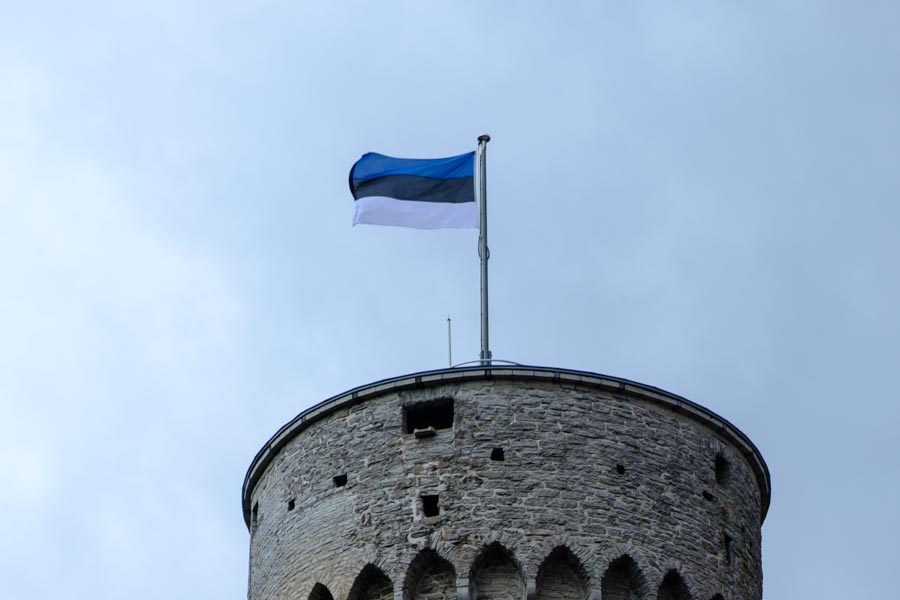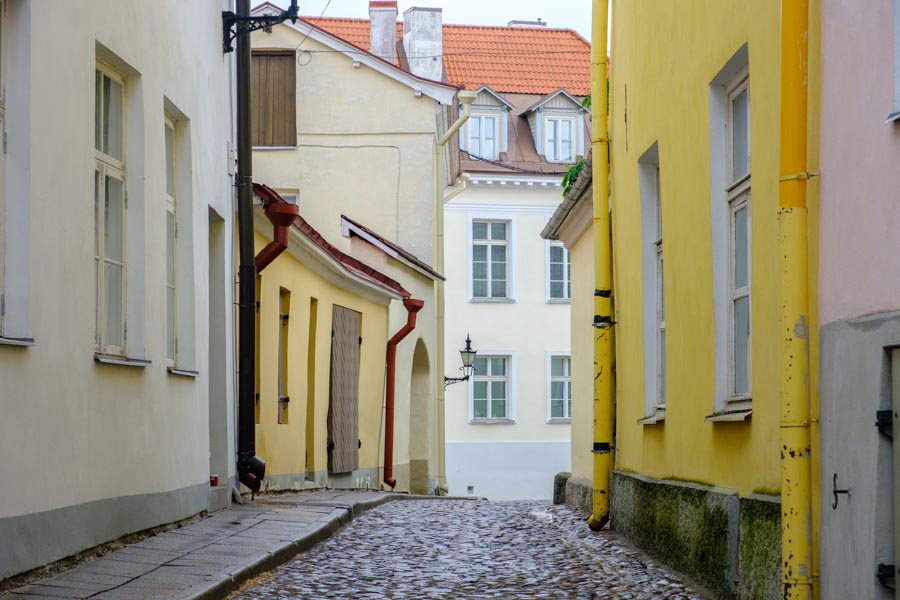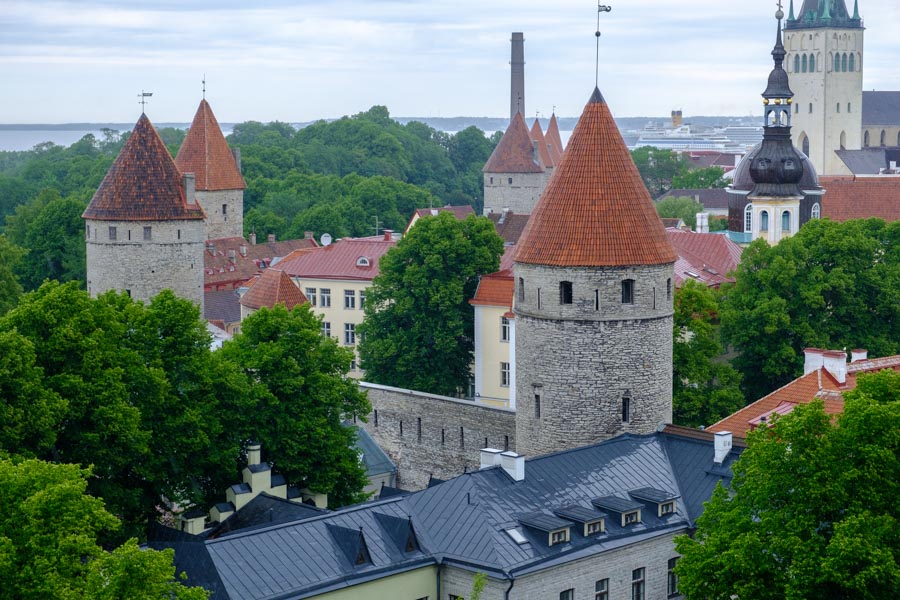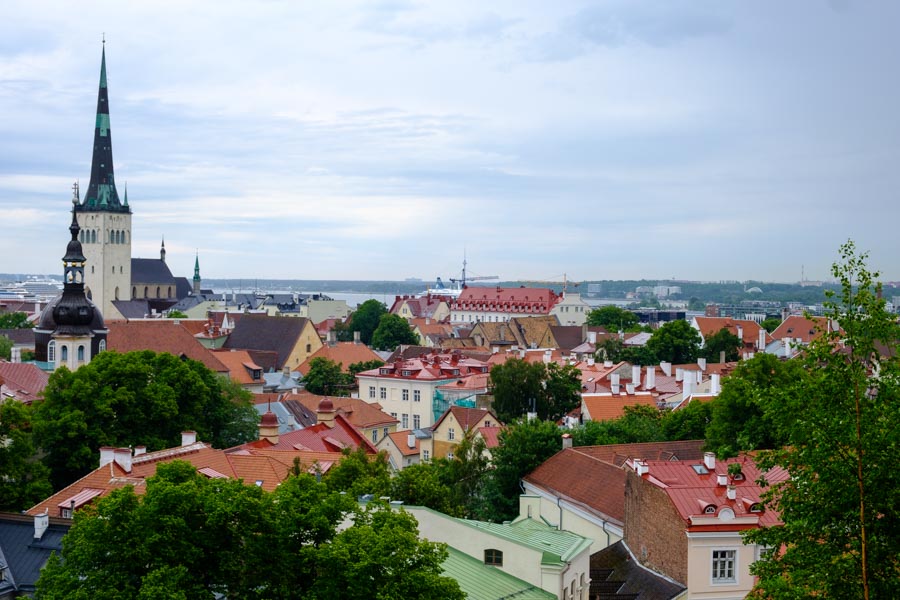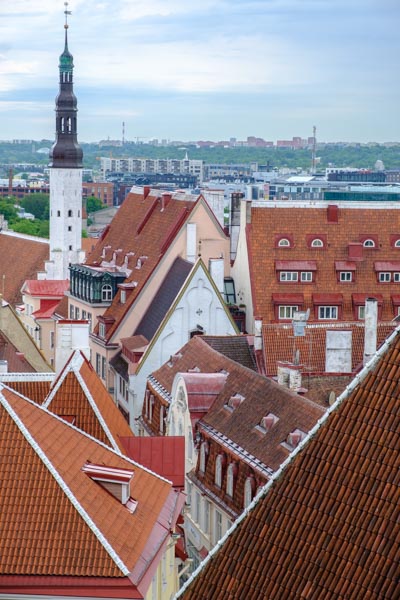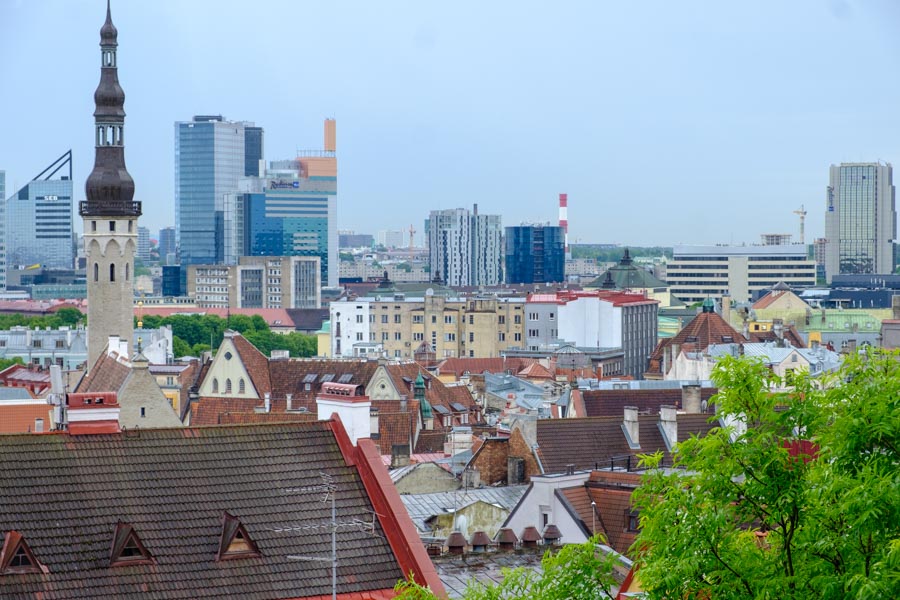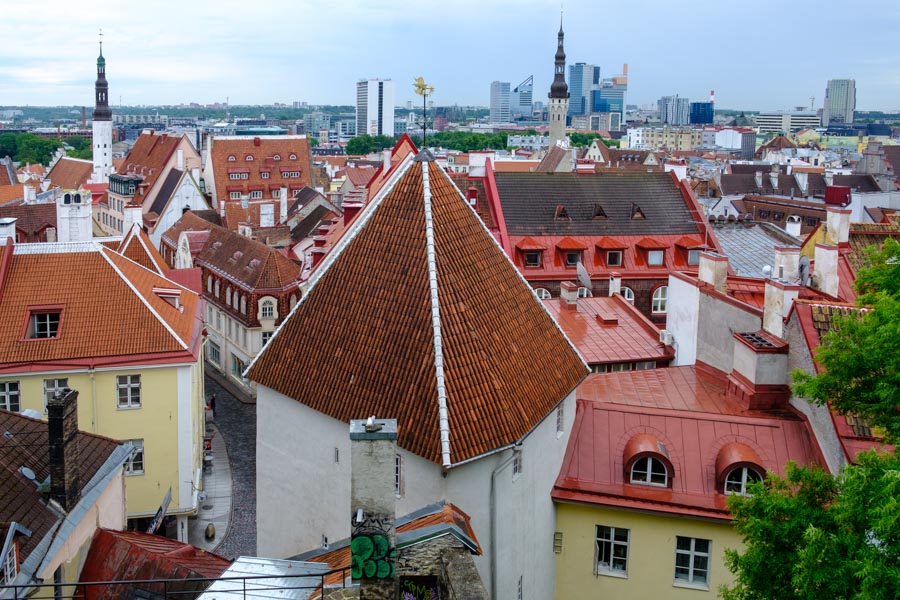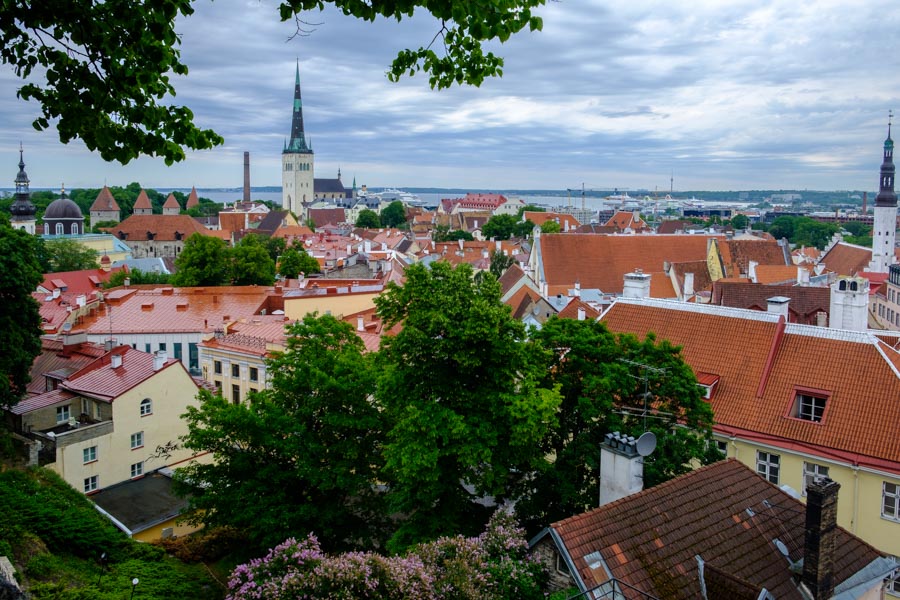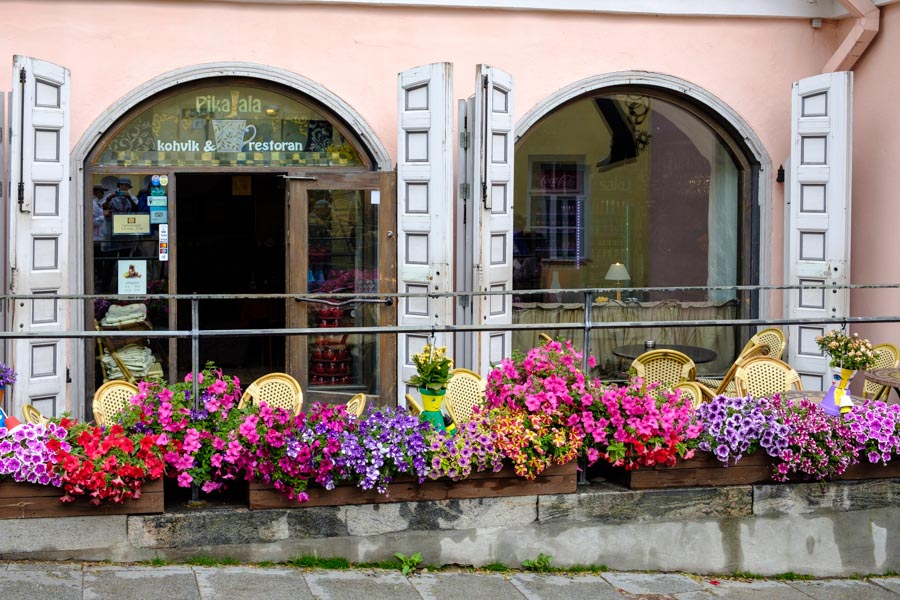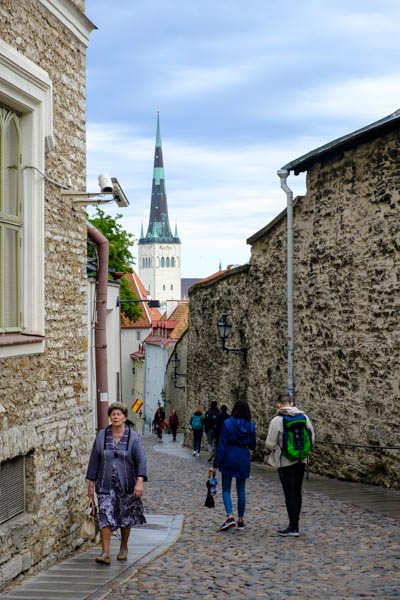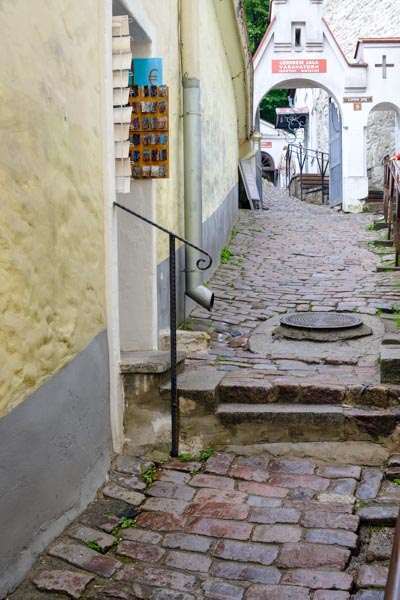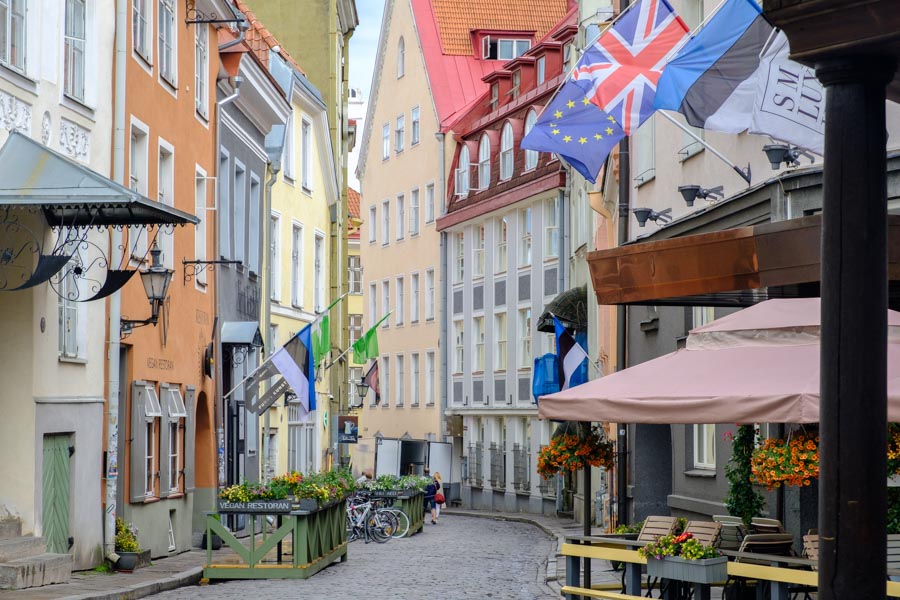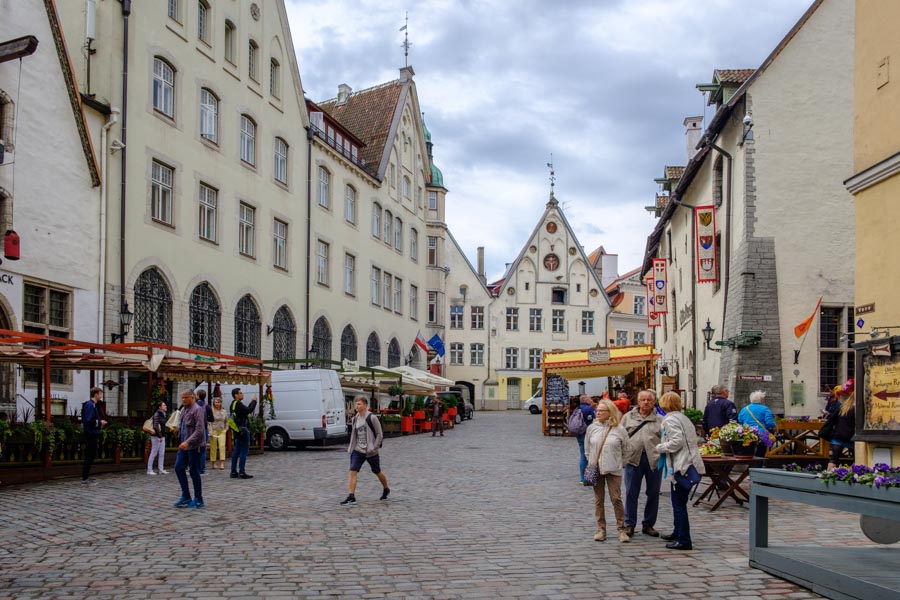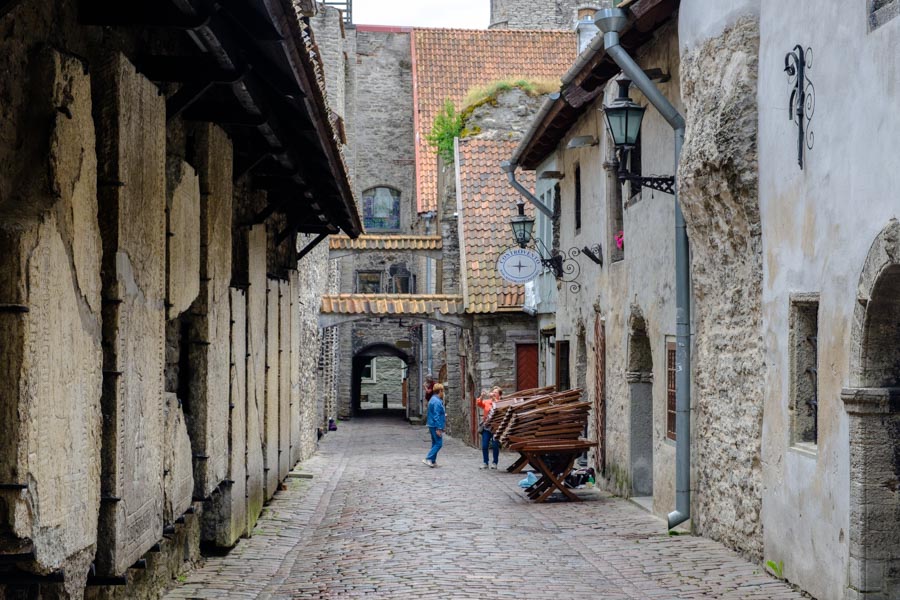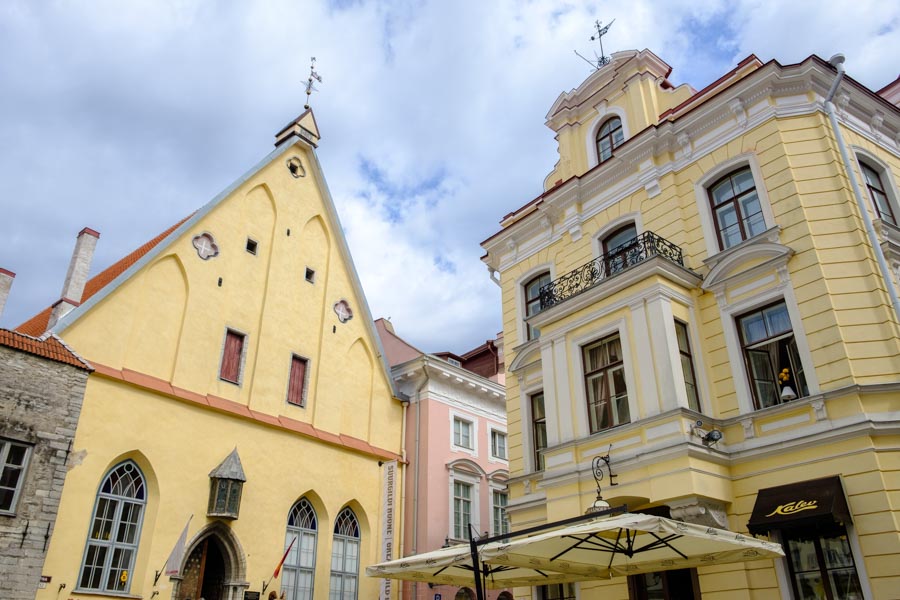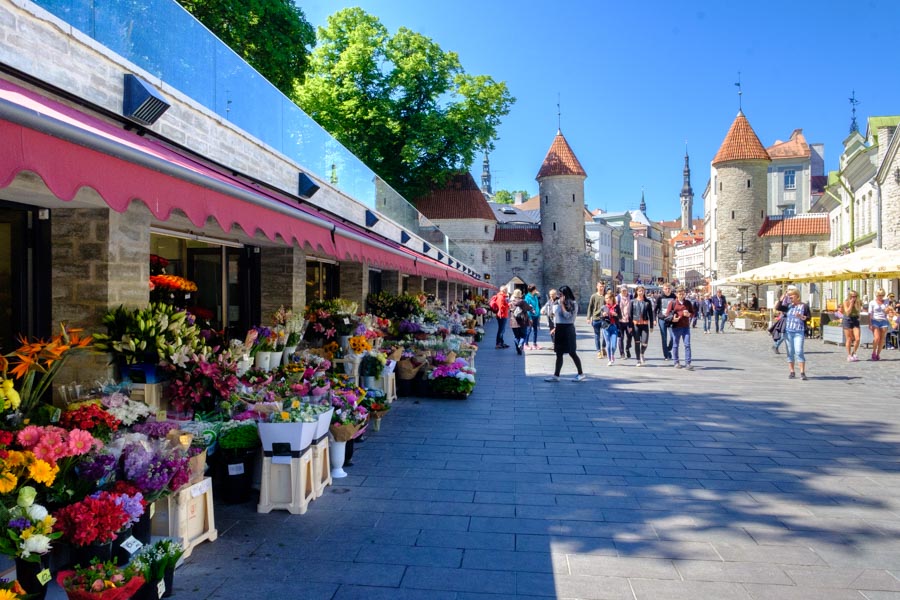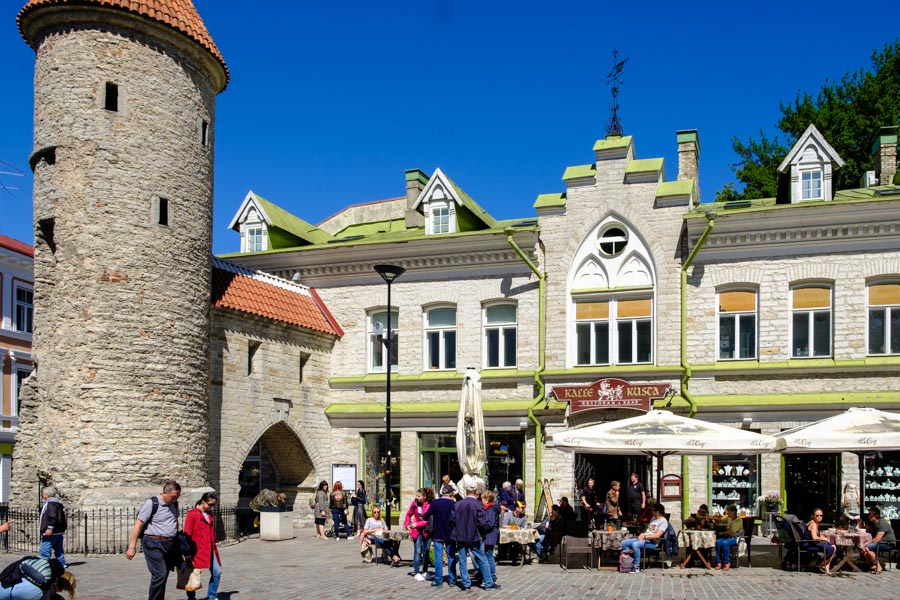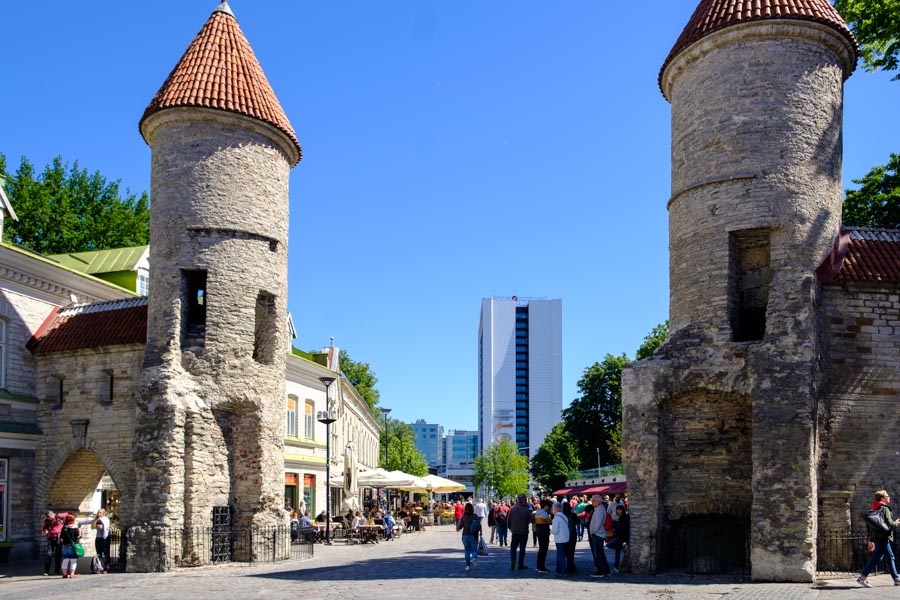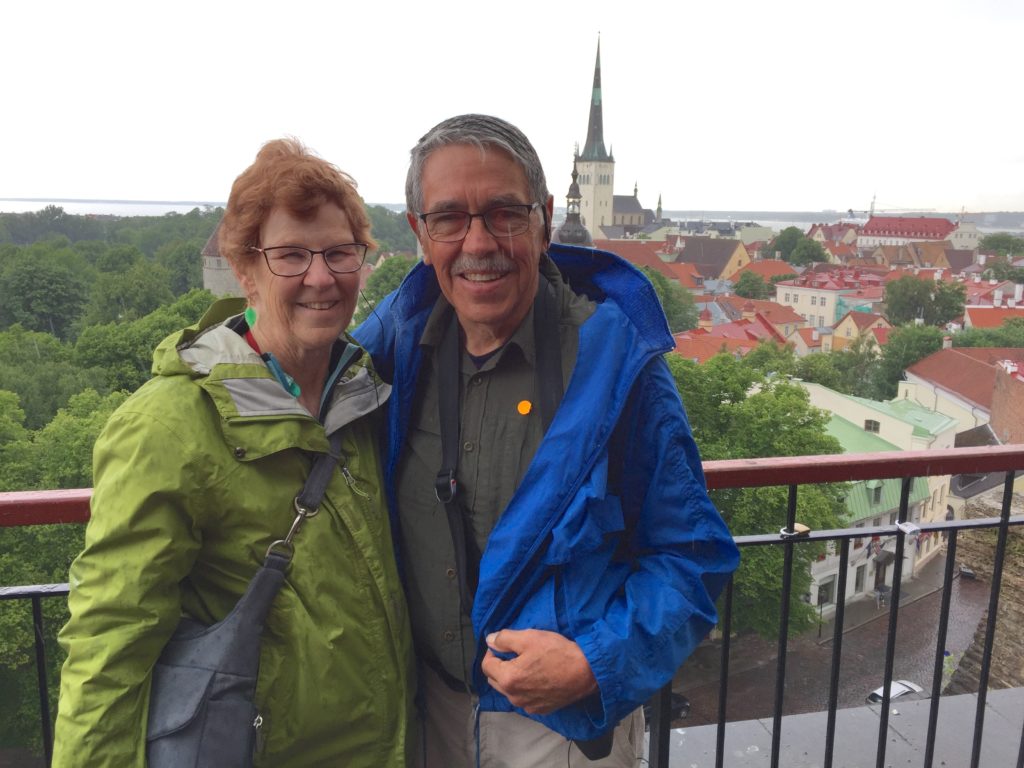Here’s a question we’ve run across several times in our travels: How can a country that has been truly independent for only 47 of the last 850 years retain its identity as a nation? Poland, which has been sliced and diced numerous times, is a case in point. Hungary is another, dominated by the Ottomans, the Habsburg, Nazi Germany and then the Soviets. Just recently we heard the story of Norway that, since true independence in 1905, has been asking, “what does it mean to be Norwegian” after 400+ years of domination by Denmark, Sweden and Russia.
Estonia has always been a gateway between East and West; a key Baltic trade port since Middle Ages and the Hanseatic era. That’s why Denmark, Sweden. Poland, Germany and Russia have all had dominion over the country from time to time. Estonia won full independence after WWI but lost it in 1939 when Germany and the Soviets agreed the Soviets should have it. That lasted until 1940 when the Nazis overran it. The Soviets gotit back at the end of WWII and kept it until the collapse of the USSR in 1991. Estonia is now part of the EU, uses the Euro and is a member of NATO.
Estonia has about the same geographic territory as Denmark but has only 1.3 million people vs. Denmark at 5.75 million. That leaves lots of vacant land for pine trees, which is a major export commodity for Estonia. The port and capitol city of Tallinn has 600,000 cruise ship visitors each year so tourism is another major “export” commodity.
Our guide told us that the average after-tax wage in Estonia is about €1,000/month versus two to three times more in Finland, where many Estonians work. Taxes are in excess of 50%, including a 20% income tax and a 33% social tax. The latter provides for free universal health care, education through University but does not cover old-age pensions. Our guide’s 78-year-old father still works to support himself and his wife who just retired. The wage difference, our guide said, can be explained by Soviet occupation: Estonia had the Soviets; the Finns didn’t. Estonians had to build an economy from the ground up; Finland already had one. Today many Estonians make the 55 Km ferry ride every day (there are 20-some ferry crossings) to earn the higher wages.
Our guide, a woman with an adult son, told us that Estonians are very reserved and avoid at all costs any person-to-person interaction. She told the story of two women who rode the bus together for five years. For three years they didn’t notice each other. The last two years they did notice each other. Social media is quite popular because Estonians can use it to communicate without interacting face to face. Estonians don’t smile: only drunkards and the insane smile. People meet spouses at school, at work or in bars.
She says Estonians still suffer from the effects of living under the Soviet system, a condition of fear and repression, which explains their inward-looking behavior. Even today Estonians fear the Russians. Her son, who is politically active as a right-winger, is on a three-day trip to St Petersburg. He has removed all evidence of being an Estonian for fear of being recognized as such by the Russians. The experience of 850 years makes this an understandable emotion. She said repression under the Soviets was worse than what was suffered under the Nazis.
Tallinn itself is a very pretty town, at least in the Old Town: narrow medieval streets, lots of church’s, quaint souvenir shops, and great views from the upper section of town. We visited a splendid Russian Orthodox Church built by the Soviets. Three priests were saying mass formaybe a dozen parishioners (all Russian hold overs). One priest with a wonderful deep bass voice chanted, accompanied by a female choir. Come to think of it, all the chanting and singing came from behind the alter so maybe it was recorded. Ten percent of Estonians are religious, the lowest percentage in the world.
Today’s experience gives us new appreciation for Anu Tali, the music director for the Sarasota Orchestra. She’s from Tallinn and is leaving the orchestra at the end of the next season after six years on the job. She’s young and has brought some innovative programming and has greatly strengthened the orchestra.
So that’s Estonia in a four-hour snapshot. It rained in the morning but the sun came out by 11 or so and we’re now sailing on to St Petersburg under sunny skies and fresh breezes. Tomorrow we get to see Valeria and her family. That should be a real treat!
